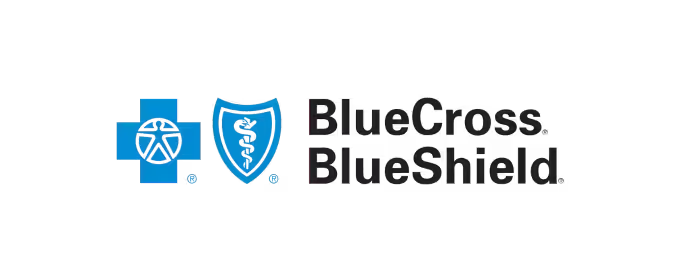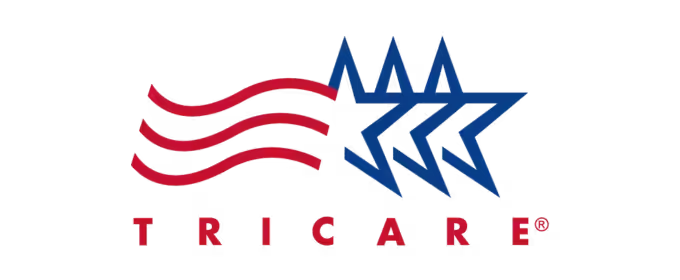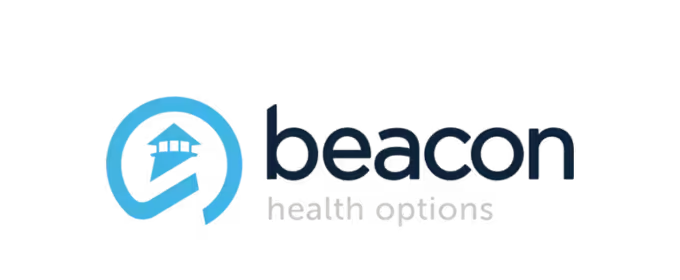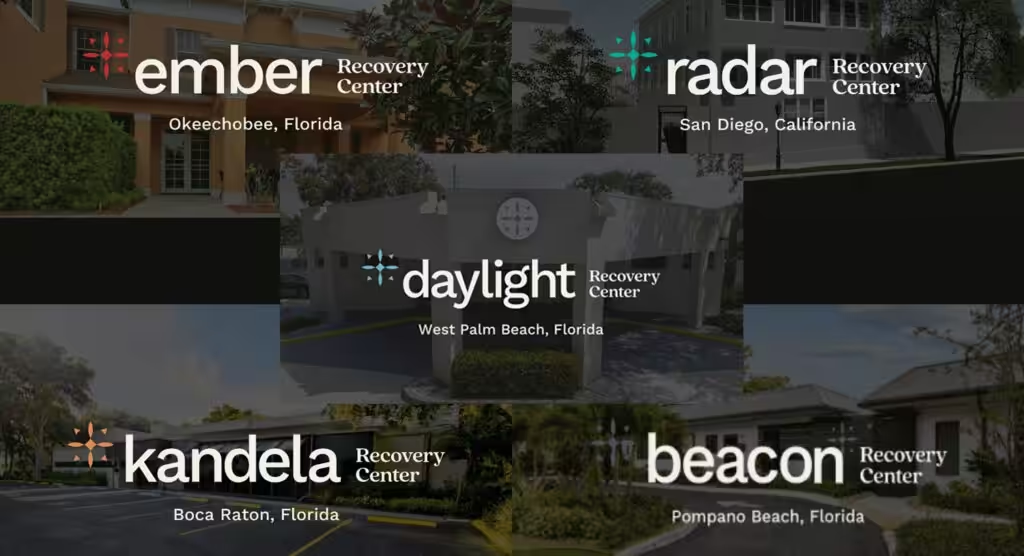What Is Alcohol Addiction?
People commonly fall victim to the false idea that alcohol addiction is easily self-diagnosable and able to be cured. Unfortunately, this happens when you are driven to use alcohol, regardless of the harmful and undesirable consequences. Nobody sets out with the goal of falling victim to alcohol abuse. If you think you are experiencing an addiction, reach out confidentially for alcohol intervention.
Abusing alcohol can have a problematic impact on a person’s life. Learn more about the risk and consequences of alcohol abuse and how to discover addiction help. Unfortunately, alcohol addiction is not easily self-diagnosable, cured, or treated at home.
What Are The Factors Leading To Alcohol Abuse?
Some of the risk factors of alcohol abuse include:
Everyone who abuses alcohol does not develop an alcohol addiction. However, as alcohol use continues, the risk of developing a dependence increases.
How To Get Alcohol Addiction Help
There are many alcohol addiction facts, and one that is alarming and concerning is that there is no cure for alcohol addiction. However, there is treatment that has helped many people overcome their battle with alcohol abuse. Hundreds of thousands of Americans struggle with alcoholism and are learning how to beat their dependence on alcohol and beginning alcohol intervention.
AUD, or Alcohol Use Disorder may result in numerous physical, psychological, and social consequences. It is well-recognized that alcohol impacts the brain’s ability to function. However, since the brain is not fully developed until age 25, young adults are at even greater risk of damage and should exercise caution when consuming alcohol.
What Alcohol Abuse Looks Like?
Symptoms can emerge quickly, and include:
If you are experiencing alcohol abuse symptoms, we are here to help you reclaim your life. Contact us for alcohol intervention 24/7 at 1-888-400-1556
How To Get Help
A person seeking treatment will learn that this condition cannot be cured, but it can be treated and managed. Addiction help can last for years or a lifetime as this is a chronic disease. The first step is the most difficult, but Flyland Recovery Network can provide support as you begin your journey toward a substance-free life. Let’s start changing your life with an alcohol intervention and help you discover being free of alcohol abuse.
PHYSICAL HEALTH
How Can I Prevent Relapse And Stay Abstinent?
Addiction is chronic but also treatable. However, when you do not follow your ongoing alcohol intervention plan, you increase your risk of relapse and endure the long-term effects of alcohol abuse. The most popular and talked-about relapse prevention strategies include:


















